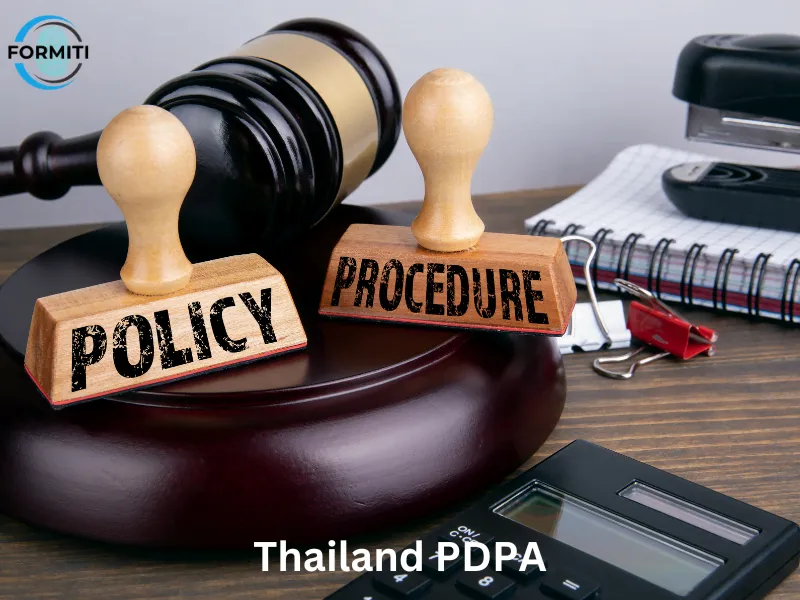Introduction
In this article, Thailand PDPA Compliance: Beyond Checklists to Robust Frameworks, we discuss the perils of a checklist approach Vs a more comprehensive compliance strategy. Thailand’s Personal Data Protection Act (PDPA) is a critical regulation for companies operating within its jurisdiction. However, many local and international businesses are at risk due to a fundamental misstep in their approach to compliance. The reliance on essential checklists, rather than developing a comprehensive PDPA compliance framework, is inadequate and potentially detrimental.
The Pitfalls of the Checklist Approach
The checklist approach to PDPA compliance needs to be revised. It offers a false sense of security, overlooking data protection laws’ nuanced and dynamic nature. This method must account for specific organisational needs and the evolving legal landscape, potentially leading to hefty fines and significant brand damage.
Recent Changes in Thailand’s PDPA Law
Thailand’s PDPA has undergone recent amendments, aligning it more closely with global standards like the GDPR. These changes emphasise stricter consent requirements, enhanced rights for data subjects, and more rigorous enforcement measures. Companies must understand and adapt to these changes to ensure full compliance.
Building a Robust PDPA Compliance Framework
Data Protection Impact Assessment (DPIA)
A DPIA is crucial for identifying and mitigating risks associated with data processing activities. It’s not a one-time exercise but an ongoing process that needs to be integrated into the company’s data processing lifecycle.
Legitimate Interest Assessments
Companies must balance their interests with the rights and freedoms of data subjects. Conducting legitimate interest assessments ensures data processing is necessary and proportionate to the intended purpose.
Consent Management
Under the PDPA, consent must be freely given, specific, informed, and unambiguous. Companies need to establish robust mechanisms for obtaining, recording, and managing consents, ensuring they can demonstrate compliance.
Cross-Border Data Transfers
The PDPA imposes restrictions on cross-border data transfers. Companies must ensure adequate protection levels and comply with legal requirements for international data transfers.
Third-Party Data Processor Assessments
It’s essential to assess and monitor third-party processors’ compliance. This involves due diligence and ensuring data processor contracts include necessary PDPA obligations.
Data Processor Contracts
Contracts with data processors should clearly outline roles, responsibilities, and liabilities. They must ensure processors adhere to PDPA requirements and protect data subjects’ rights.
The Formiti Data International Advantage
Formiti Data International stands out as your ideal partner for navigating PDPA compliance in this complex regulatory environment. Our comprehensive services go beyond mere checklists, offering:
- Tailored DPIA frameworks.
- Expertise in conducting legitimate interest assessments.
- Advanced consent management solutions.
- Guidance on cross-border data transfers.
- Rigorous third-party processor assessments.
- Robust data processor contract development.
Are you and your current DPO completing the above comprehensive PDPA actions on a regular basis?
Your Next Steps
Don’t let compliance be your Achilles’ heel. Embrace a proactive approach to PDPA compliance with Formiti Data International. Our expertise ensures not just compliance but a strategic advantage in data protection. Contact us today to build a robust PDPA compliance framework tailored to your business needs. Secure your data, protect your brand, and stay ahead in the digital era with Formiti Data International.
#PDPACompliance #DataProtection #ThailandPDPA #FormitiDataInternational #DataPrivacy

